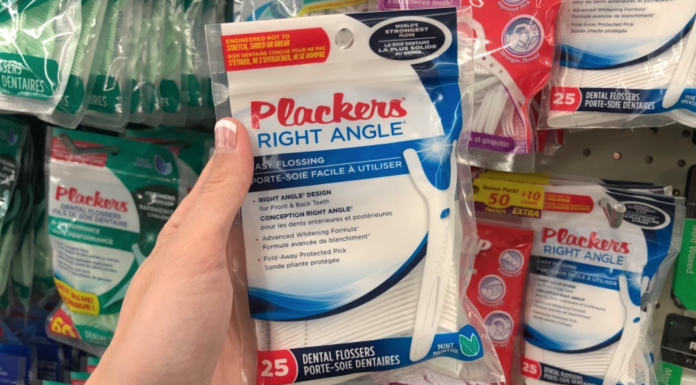REAL CLEAR HEALTH – As American families search for ways to take a more proactive approach toward prioritizing their personal health and wellness needs, increasing access to preventative health options has never been more important – especially amidst an overburdened U.S. healthcare system.
A holistic approach to personal care is necessary to support overall health, and empowering Americans to better manage their dental health needs is a critical investment that can help alleviate the undue burdens associated with long-term medical expenses.
Poor oral hygiene contributes to some of the most common health conditions and complications among American adults.
In fact, nearly half of all Americans over the age of 30 show some signs of gum disease, and the U.S. Centers for Disease Control and Prevention (CDC) considers tooth decay to be a common chronic disease that can lead to much more serious conditions if left untreated, including diabetes, cardiovascular disease, arthritis, Alzheimer’s, COPD, liver disease, and more.
These problems are worse among lower-income, less-educated, and more rural communities.
Recent research commissioned by the National Dental Association (NDA) and the Consumer Healthcare Products Association (CHPA) revealed that in areas where access to care might be a recurring issue, individuals are seeking emergency or urgent oral care from non-dentists at least once per year.
In the United States, emergency dental care visits due to untreated oral diseases and lack of preventative care result in more than $45 billion in lost work productivity.
As Congress continues to look for ways to relieve cost burdens on families while supporting preventative healthcare, we are proud to introduce the Oral Health Products Inclusion Act (H.R.8599), legislation that would increase access to everyday over-the-counter (OTC) oral care products such as toothbrushes, water flossers, anti-cavity toothpaste, mouthwash, and similar products by allowing them to be purchased with Flexible Spending Account (FSA) and Health Savings Account (HSA) funds as “qualified medical expenses.”
Through the passage of the CARES Act in 2020, Congress secured a strong bipartisan victory for consumers by reinstating their ability to purchase OTC products, and for the first time, feminine care products, using their FSA-HSA funds.
The Oral Health Products Inclusion Act builds upon this momentum by expanding this eligibility to certain OTC oral care products for the 60 million Americans who use these accounts as a resource to prioritize healthcare expenses for themselves and their family.
Access to better public health is about removing barriers, and the outsized benefits of this proposal reflect that goal. By encouraging Americans to use these accounts as a resource that can help them take charge of their own health, this legislation increases access in a cost-effective way, while also helping reduce further strain on the U.S. healthcare system in the process.
Data shows that these tax-free accounts are associated with reductions in overall healthcare spending, saving consumers money while they support their personal health needs. What’s more, American families at every income level use FSA-HSA accounts – including lower-income families who save money as they continue supporting their own unique healthcare needs and reducing the potential for long-term medical expenses associated with chronic conditions.
Consumers want the ability to choose how to best use their hard-earned money to stay healthy and practice self-care. Expanding FSA-HSA eligibility to everyday oral health essentials is a solution that will deliver the reforms and flexibility today’s consumers are asking for and deserve.
Our proposal has the support from CHPA and the American Dental Association, which each recognize the important role preventative self-care plays in the reduction of long-term healthcare costs.
During a time when Congress can’t agree on much, we are together working across the aisle to empower Americans to improve their oral health outcomes by expanding access to resources that will help individuals at every income level, and we urge our colleagues to join us in building off the successful efforts made at the height of the pandemic by supporting this commonsense, bipartisan legislation.
U.S. Reps. Jeff Van Drew (NJ-02), Brad Schneider (IL-10), Nicole Malliotakis (NY-11), and Jimmy Panetta (CA-19).



